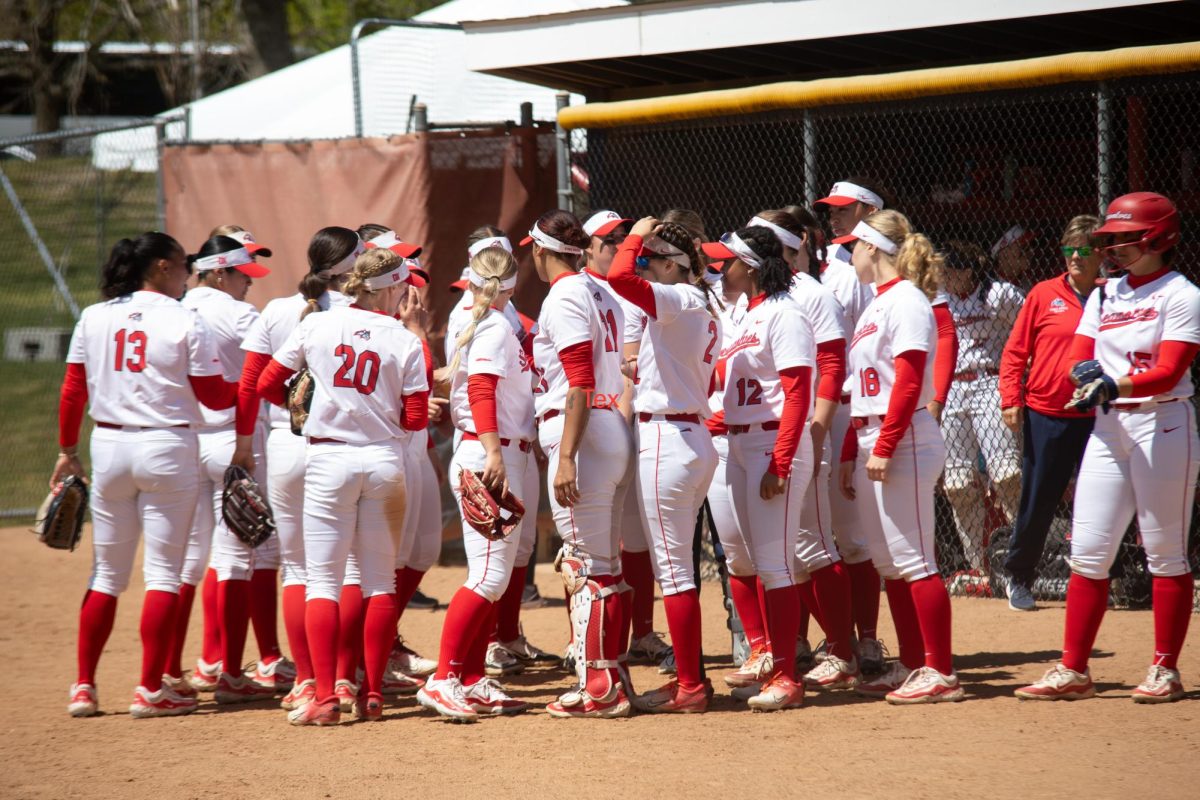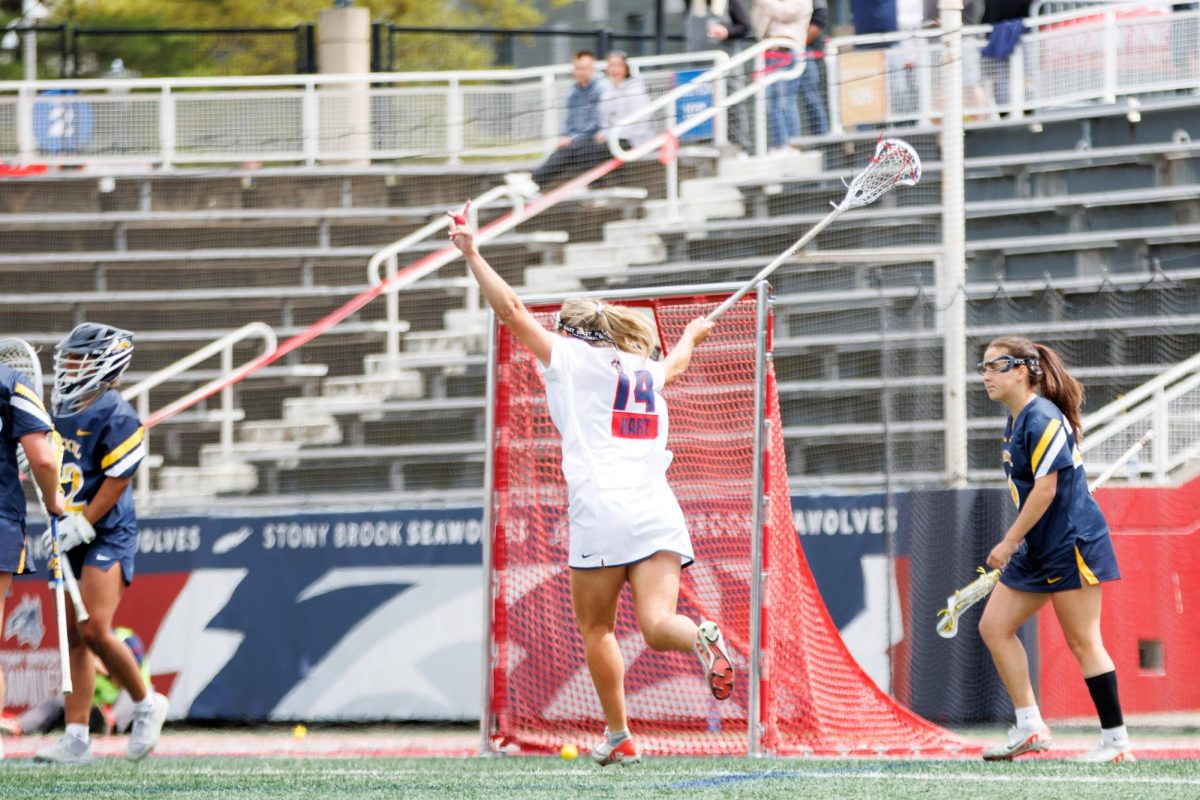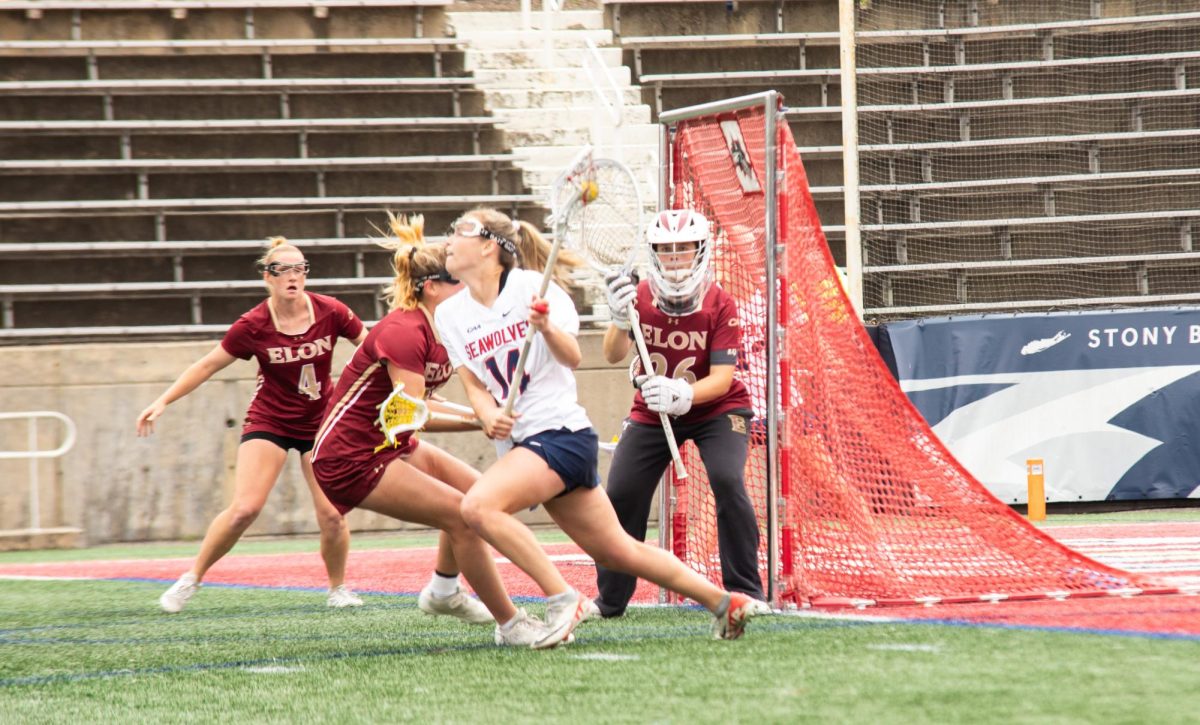Stephanie Sampayo missed six weeks of school her first year at Stony Brook University due to complications when she had her tonsils removed. Missing all that school caused her grade point average to suffer and she ended up on academic probation. This semester she got an email from the academic advising center offering her some help through the Bridges Program. With this program, Sampayo gets a peer mentor who can help point her to the right resources when she needs them and hopefully help her repair her grades.
“I signed up for it because it can’t really hurt,” Sampayo, a linguistics major, said. “I know I have bad time management skills.”
The Bridges Program runs out of the academic advising center, but it was created by Ed Arzomand, Jaime Poynter and Christian Toro, who are all in the National Residence Hall Honorary (NRHH).
“The main goal was to try and connect students who needed help academically with one person who could try and steer them in the right direction,” said Poynter, who is also a senior peer advisor in the academic advising office.
Students on academic probation get an email from the advising center asking them if they would like to participate in the program. Those students are then paired with a peer mentor who is involved in either the NRHH, the Golden Key International Honor Society or a peer advisor in the academic advising office. Typically the students are placed with a mentor in a similar major to offer them the best help.
The program is meant to supplement any help they are currently getting from academic advisors or other faculty. It is currently in its second semester with 22 out of the 534 total students who are on academic probation volunteering to participate.
“A half an hour meeting with an advisor is not going to change their world,” said Richard Gatteau, director of academic advising. “As long as we offer it to you, if you make the decision to opt out, then that’s on you.”
When it first started last semester, it had fewer participants.
“There were only six or seven students involved in the pilot group,” Gatteau said. “It was a very mixed bag of grade point averages, some went up and some went down. Some of the students didn’t even fully participate. This semester we are more structured, we’re starting earlier and having mentors meet with their mentee every other week.”
According to Gatteau, students are on academic probation if their cumulative grade point average falls below a 2.0. If students’ grade point averages stay at that level or fall lower, they are then suspended from the university. The Bridges Program is supposed to help prevent that.
Mentors and their mentees are to meet with each other every other week. They’d discuss any problems the mentee is currently having and hopefully the mentor has a solution. Every time they meet, the mentor fills out a log of what they discussed and hands it in to Carolyn Stephenson, the academic advisor who supervises this program.
“The mentors are not tutors,” Stephenson said. “It’s a rather subtle relationship. They are really there to see where the academics are breaking down for the mentee and then help repair that.”
Along with the week-by-week meetings with their mentors, mentees get midterm grades for their classes. Gatteau said this is to gage where they are at and if they need even more assistance after that.
So far, Sampayo is enjoying her time with her mentor, Janice Hernandez, also a linguistics major.
“I want her to get more involved on campus as cliché as that sounds,” Hernandez, 20, said. “She was previously at Suffolk Community College and that’s so different from Stony Brook. And with linguistics it’s really important to work in groups so I told her to link up with a friend.”
Sampayo also has commitments teaching dance and admits that she often commits too much of her time to it. She hopes Hernandez will teach how to juggle her commitments better so she’ll have more time for school work.
“I’m hoping that I’ll get skills to naturally study and not dread doing my work,” Sampayo said.






